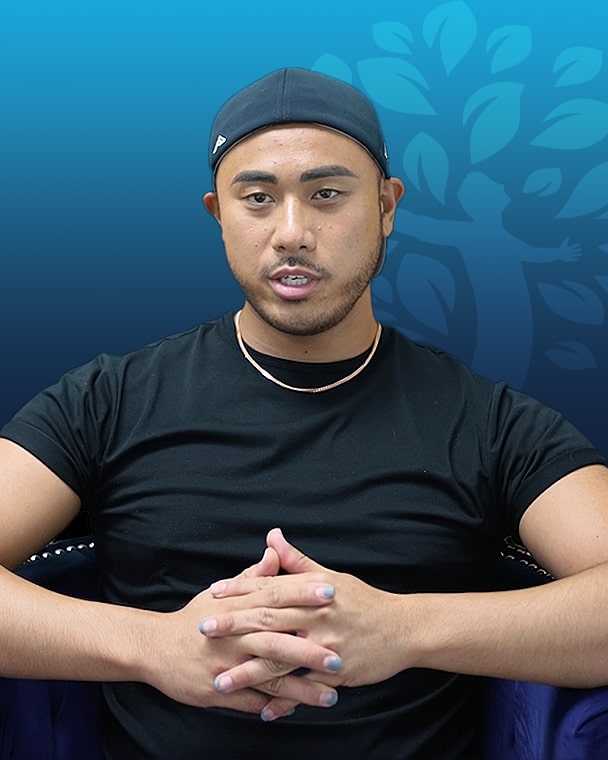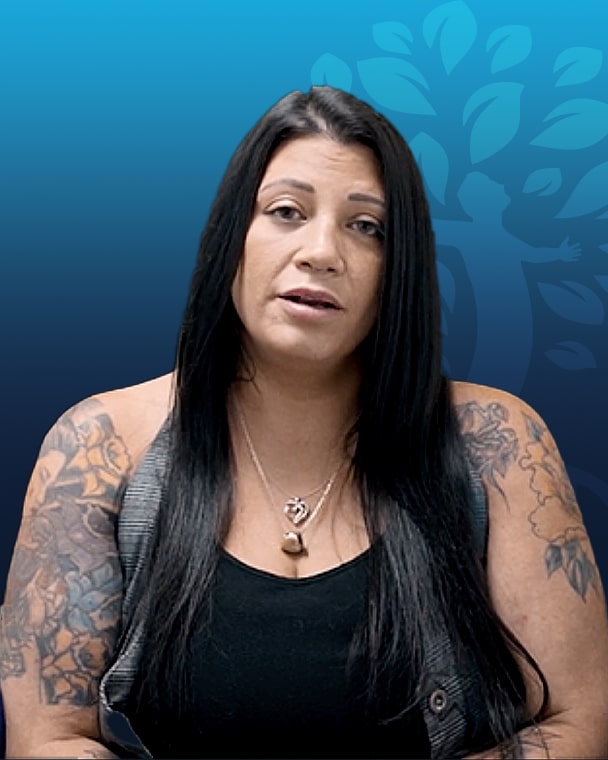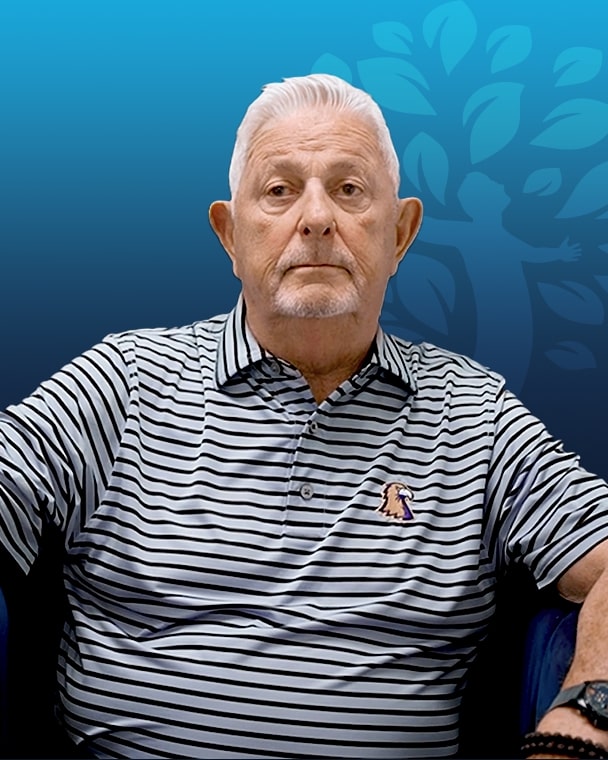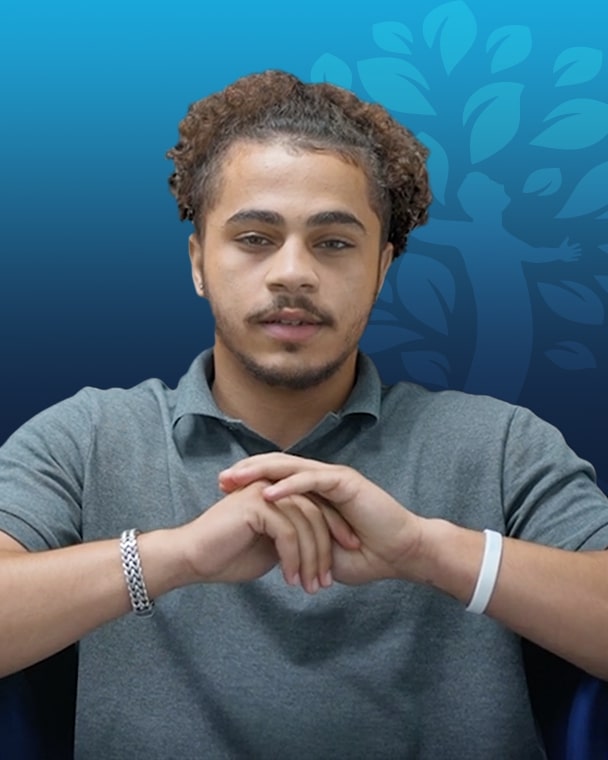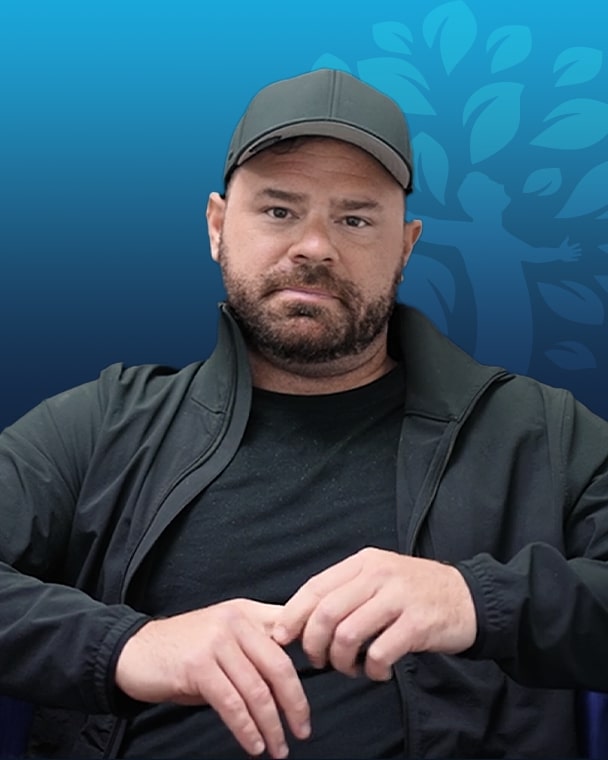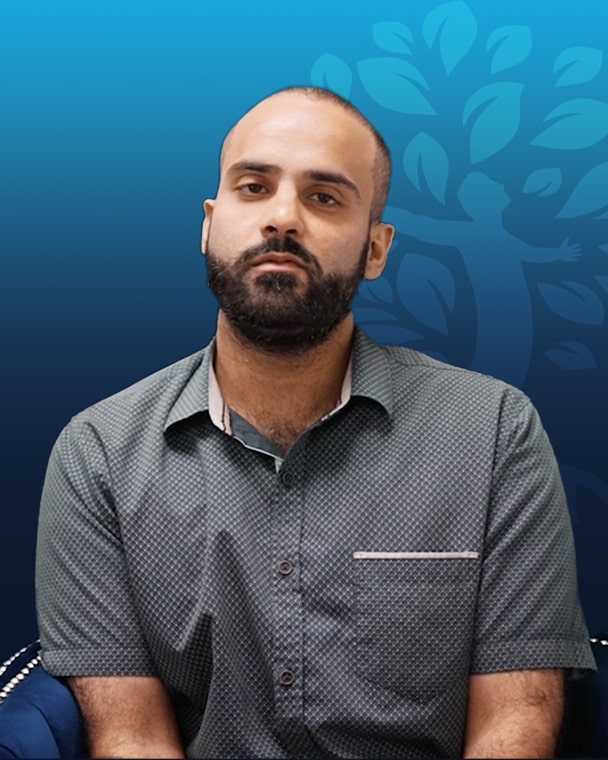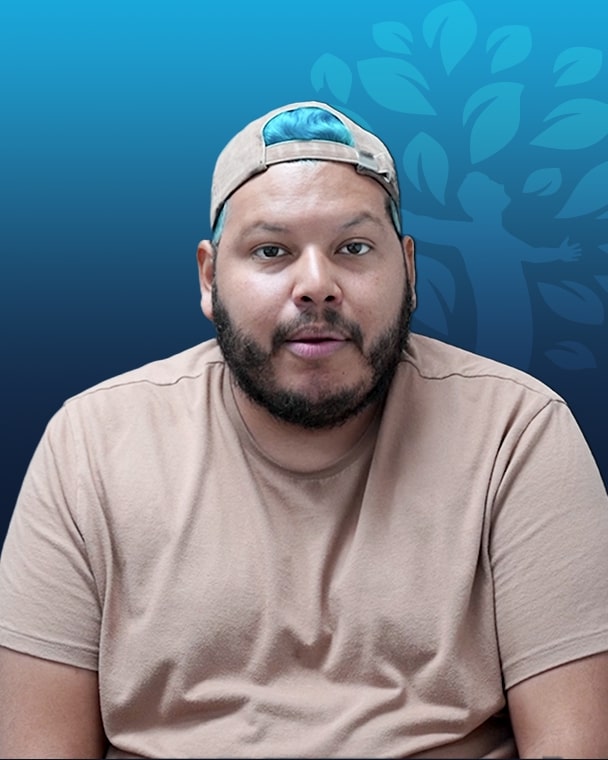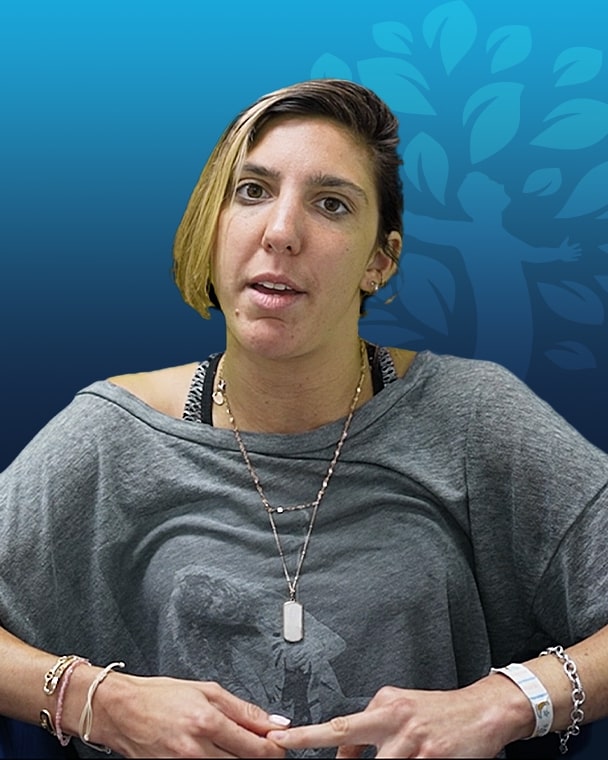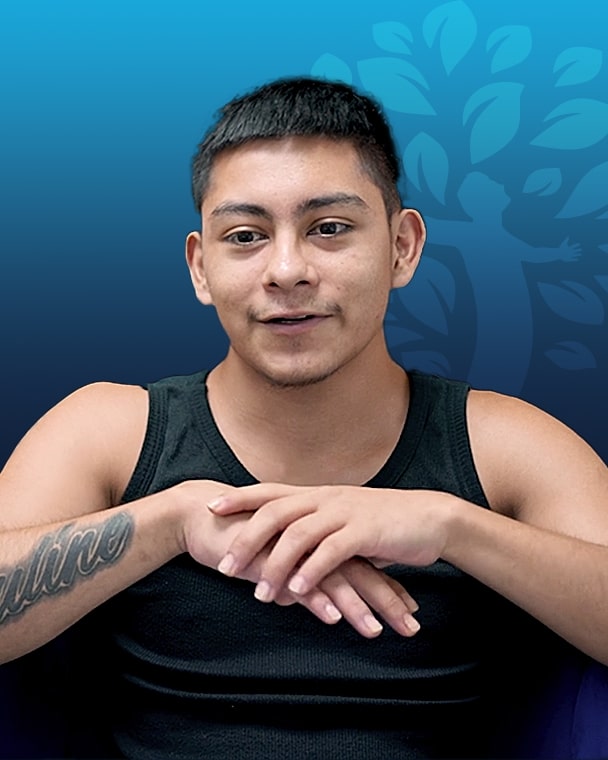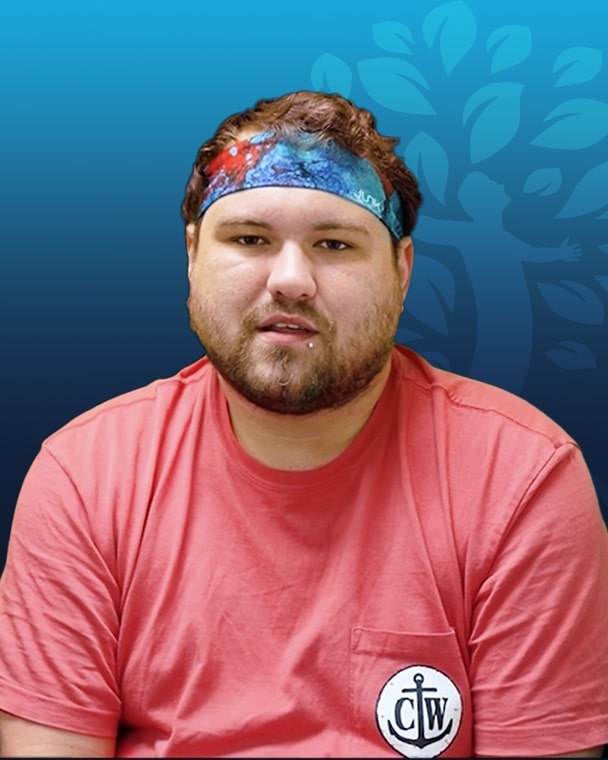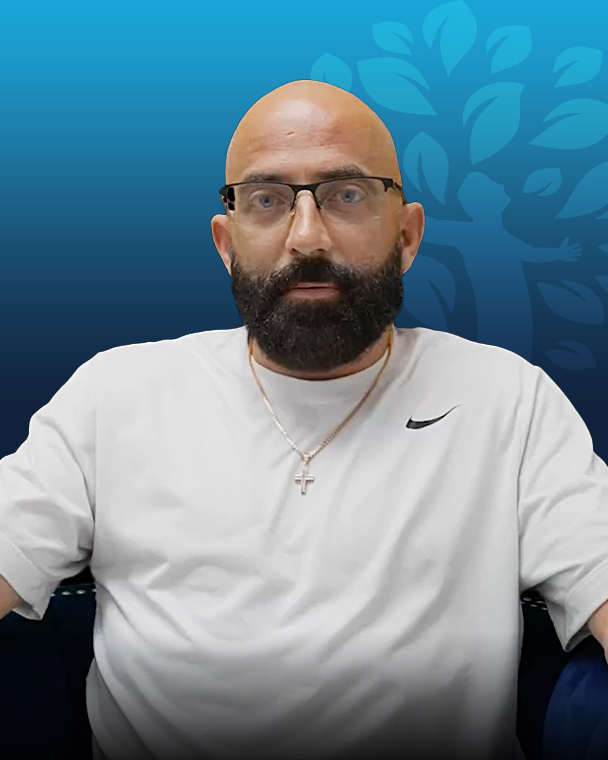
Opioid Rehab for Riviera Beach Residents
Opioid Rehab for Riviera Beach Residents
The opioid epidemic is perhaps to most important national health emergency that the United States has faced in recent years. It continues to contribute to the largest loss of life due to drug overdose that our country has seen. Among the institutes that are battling the disease on the front lines of the epidemic are treatment facilities such as our opioid rehab in South Florida.
The abuse of opioid pain relievers that are sold legally with a prescription and other opioids sold illegally such as heroin is a problem that affects people from all socioeconomic backgrounds. Due to the very addictive properties of the substance, an addiction can form surprisingly quickly, and some may even become addicted after using the drug non-medically on just a single occasion, especially if they are prone to addiction due to biological reasons.
At Legacy Healing Center’s luxury opioid rehab, our handpicked practitioners provide the means to overcome the physical and mental reliance on opioids through the various evidence-based clinical rehab programs that we offer. Your own or a loved one’s recovery journey can begin today, preventing the many risks involved with continued opioid abuse in the long term.
Call Legacy Healing Center 24/7 to speak with an intake specialist. Calls are completely confidential.
Opioid Epidemic
The statistics of the opioid epidemic in the United States help us to understand the true scope of the problem. The statistics are provided by the Centers for Disease Control and Prevention (CDC) and the National Institute on Drug Abuse (NIDA). Some of the most important statistics that have been uncovered include the daily loss of life that the country suffers, which amounts to an average of 130 lives a day.
It is estimated that between 21 to 29 percent of people who are prescribed opioid pain relievers use them in a non-medical way. Between 8 to 12 percent of people who use opioids will develop an addiction to the drug. Furthermore, up to 6 percent of people who use opioids non-medically will end up transitioning to heroin abuse, which is usually prompted by a decline in their supply of prescribed opioids.
Up to 80 percent of people who are addicted to the opioid heroin say that they first started their abuse by using perception opioids non-medically, which makes it very common for heroin abuse to start with prescription pain reliever abuse.
From 2016 to 2017, the country saw an increase of 9.6 percent in overdose deaths caused by opioid abuse based on the age-adjusted overdose rates. 67.8 percent (47,600) of all the drug overdose deaths in 2017 were caused by the abuse of prescription opioids and heroin.
Call Legacy Healing Center 24/7 to speak with an intake specialist. Calls are completely confidential.
History of Opioid Addiction
To understand how the opioid epidemic and history of opioid addiction evolved, we must look back at when the first wave of the crisis began: in the 1990s. Initially, it was thought that prescription opioids such as oxycodone were safe and non-addictive. This was the public and healthcare perception which was based on the misinformation that pharmaceutical companies created through ads and incentives. The drugs were sold in increasing amounts as a way to manage chronic and severe pain, which resulted in the first spike in overdose deaths.
It eventually became clear that prescription opioids carried that same risks as heroin and other previously abused opioids such as morphine. What followed was stricter control over the sale of legal opioids, but this inadvertently caused a rapid increase in heroin-related deaths in 2010.
The third wave of the opioid crisis, one which is still in effect today, started in 2013 when the synthetically produced opioids became easier to buy illegally. The main synthetic opioid in this wave of opioid overdose deaths was fentanyl, which is a potent opioid that is estimated to be as much as 50 times more powerful than the well-known opioid, heroin. Fentanyl is the leading cause in the recent opioid overdose cases.
Call Legacy Healing Center 24/7 to speak with an intake specialist. Calls are completely confidential.
How to Detox from Opioids
A physically addictive drug such as opioids is not an easy thing to stop taking when the reliance on the drug becomes apparent. As a person repeatedly abuses opioids in ever-increasing amounts due to the tolerance that forms, their body chemistry and function changes. This change takes time to occur, but so too does the eventual change back to normal function when attempting to stop using opioids.
If a person is physically addicted to prescription pain relievers or heroin, it takes roughly 5 to 7 days for the body to get back to its normal functioning state. During this period, the recovering person will experience intense flu-like symptoms such as nausea, stomach cramps, anxiety, cravings, and insomnia among other symptoms. These symptoms can be so strong that it causes a person to relapse.
However, a medical detox at our opioid rehab can provide a patient with several types of medications that are approved for the treatment of opioid withdrawal. They ease the symptoms, and make detox a manageable event in recovery, making it the best way to detox from opioid addiction.
What Opioid Rehab is Like
At our opioid rehab, we formulate a personalized treatment plan for each person that enters our programs. A person in recovery from opioid addiction generally starts with a medical detox, allowing them to taper off the drug safely and comfortably, and then receives treatment in the form of behavioral therapy, alternative treatment, and other whole-patient treatment programs such as dual diagnosis.
Our rehab is a place where you will be supported through your entire early recovery, giving you the safe, drug-free space that is often needed to stop opioid abuse for long enough for treatment to be effective.
Sober-Friendly Attractions near Riviera Beach
A part of rehab is the fun outings that we organize for our clients to enjoy during their stay at our facilities. One can spend time sunbathing or swimming in the warm waters at many of the popular beaches in the Riviera Beach area including local favorites such as Peanut Island Park, City Beach, and Ocean Reef Park. Or enjoy a delicious meal at the fine dining establishments such as Pelican Café, Table 427, Sara’s Kitchen, and Nonna Maria Restaurant.
Discover clinical care for addiction that is fully accredited at our opioid rehab in South Florida. Allow Legacy Healing Center to help you by calling us at (888) 534-2295.
Related Riviera Beach Addiction Treatment Page:
Article content
- Opioid Rehab for Riviera Beach Residents
- Call Legacy Healing Center 24/7 to speak with an intake specialist. Calls are completely confidential.
- Opioid Epidemic
- Call Legacy Healing Center 24/7 to speak with an intake specialist. Calls are completely confidential.
- History of Opioid Addiction
- Call Legacy Healing Center 24/7 to speak with an intake specialist. Calls are completely confidential.
- How to Detox from Opioids
- What Opioid Rehab is Like
- Sober-Friendly Attractions near Riviera Beach


Legacy Healing Center testimonials
Real People. Real experiences



Legacy Healing Center testimonials
What Our Alumni Has to Say
Absolutely beautiful! Staff is so caring and welcoming. Highly recommend to anyone who is struggling and looking to heal. This is the place for you!
Jacqueline C.
Honestly, it's not what you imagine when thinking "detox." Legacy made my experience so comfortable from beds, food, staff and such a clean facility. Besides all that they literally gave me life back. Forever thankful.
Avi S.
GET IN TOUCH
Contact Us
If you would like to get in touch with us or simply have any questions or comments, please call us today. Our helpline if 100% confidential.
Call Us
Email Us
Visit Us
1425 WEST CYPRESS CREEK ROAD, SUITE 201FORT LAUDERDALE, FL 33309


